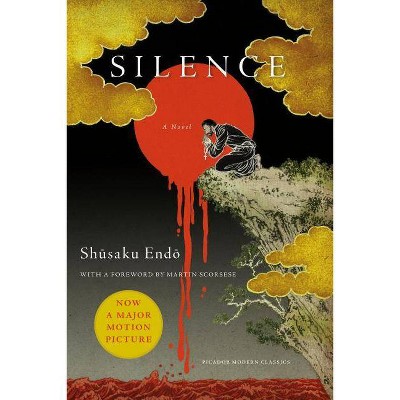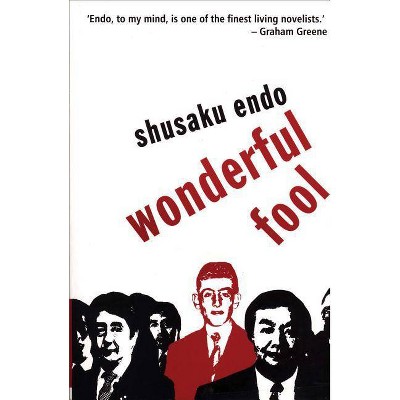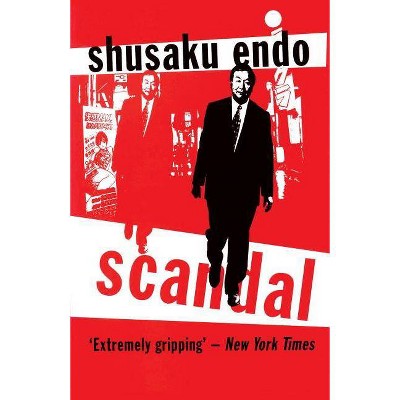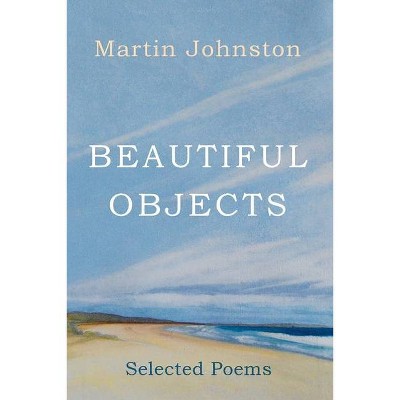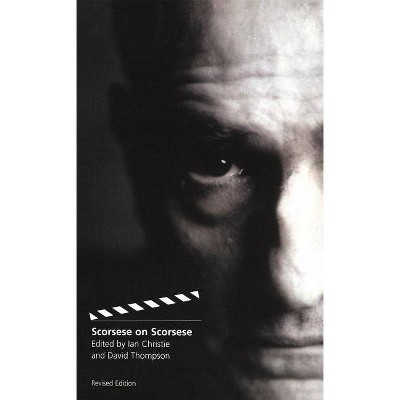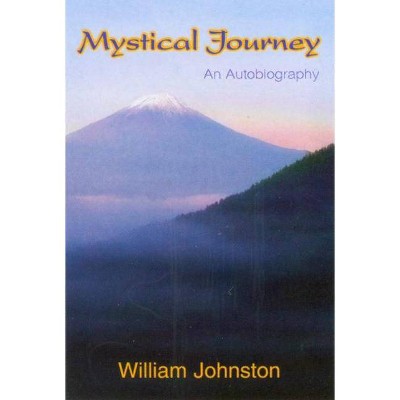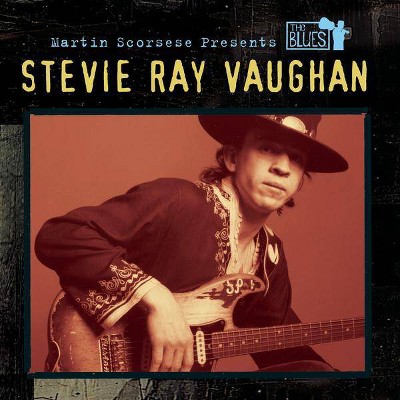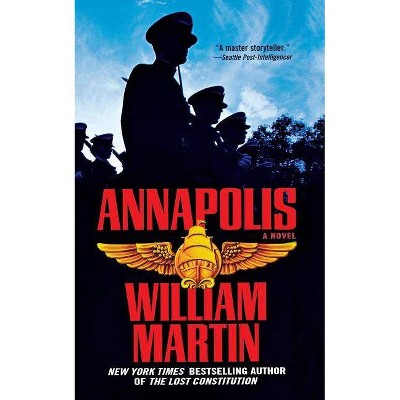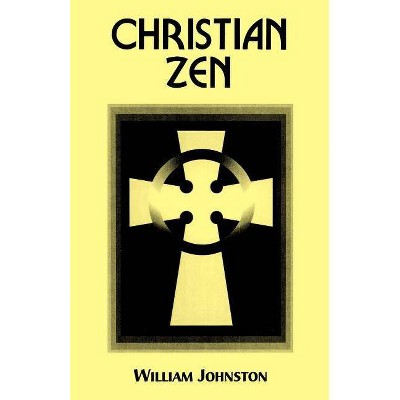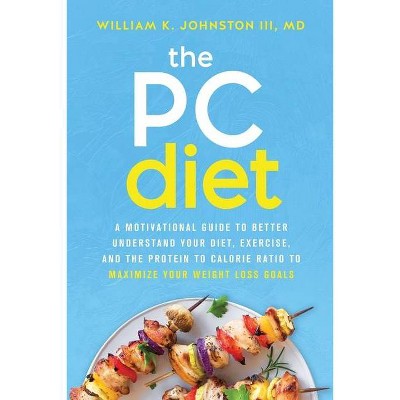Silence (Paperback) by Shusaku Endo, William Johnston, Martin Scorsese
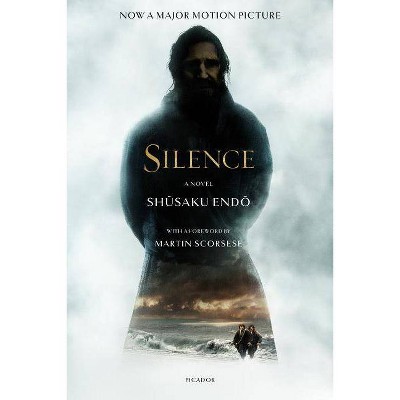
Similar Products
Products of same category from the store
AllProduct info
<p/><br></br><p><b> About the Book </b></p></br></br> "Originally published in Japanese under the title Chinmoku by Monumenta Nipponica"--Title page verso. <p/><br></br><p><b> Book Synopsis </b></p></br></br> <p><b>Shusaku Endo's <i>New York Times </i>bestselling classic novel of enduring faith in dangerous times</b>, <b>now a major motion picture directed by Martin Scorsese, starring Andrew Garfield, Liam Neeson, and Adam Driver</b> <p/><i>Silence </i>I regard as a masterpiece, a lucid and elegant drama.-<i>The New York Review of Books<br></i><br>Seventeenth-century Japan: Two Portuguese Jesuit priests travel to a country hostile to their religion, where feudal lords force the faithful to publicly renounce their beliefs. Eventually captured and forced to watch their Japanese Christian brothers lay down their lives for their faith, the priests bear witness to unimaginable cruelties that test their own beliefs. Shusaku Endo is one of the most celebrated and well-known Japanese fiction writers of the twentieth century, and <i>Silence </i>is widely considered to be his great masterpiece.</p> <p/><br></br><p><b> Review Quotes </b></p></br></br> <p>"Thought-provoking and moving... Complex and multilayered... [<i>Silence</i>] is a great achievement, and I love the book." - David Mitchell, author of <i>The Bone Clocks </i>and <i>Cloud Atlas<br></i><br>"<i>Silence </i>I regard as a masterpiece, a lucid and elegant drama." - <i>The New York Review of Books </i> <p/>"One of the best historical novels by anyone, ever." --David Mitchell (from an interview on Foyles.com) <p/>"Somber, delicate, and startlingly empathetic." --John Updike (from Endo's New York Times obituary) <p/>"Endo has been repeatedly, tiresomely, compared to Graham Greene, who warmly praised [Silence]. . . . But Greene's fascination with sin and guilt looks very tame when put beside Endo's." --Gary Wills, <i> The New York Review of Books</i> <p/>"A masterpiece, a lucid and elegant drama about a Portuguese missionary tormented by Japanese inquisitors." --Irving Howe, The New York Review of Books <p/>"Endo's disarmingly direct and poignant narration masks a complex moral discussion." --Robert Coles, <i> New Oxford </i><i>Review</i> <p/>"Endo's grandest novel." --Robert Winder, <i>Independent</i> (London) <p/>"Endo succeeds in creating a vision of Christian faith obstinate enough to endure even in soils that have never been fertile for its growth." --The CS Lewis Review <p/>"At the height of his powers, the author produced two historical masterworks, [including] Silence." --Crisis Magazine</p> <p/><br></br><p><b> About The Author </b></p></br></br> <b>SHUSAKU ENDO</b>, born in Tokyo in 1923, was raised by his mother and an aunt in Kobe where he converted to Roman Catholicism at the age of eleven. At Tokyo's Keio University he majored in French literature, graduating BA in 1949, before furthering his studies in French Catholic literature at the University of Lyon in France between 1950 and 1953. Before his death in 1996, Endo was the recipient of a number of outstanding Japanese literary awards: the Akutagawa Prize, Mainichi Cultural Prize, Shincho Prize, and the Tanizaki Prize, and was widely considered the greatest Japanese novelist of his time.
Price History
Price Archive shows prices from various stores, lets you see history and find the cheapest. There is no actual sale on the website. For all support, inquiry and suggestion messages communication@pricearchive.us
